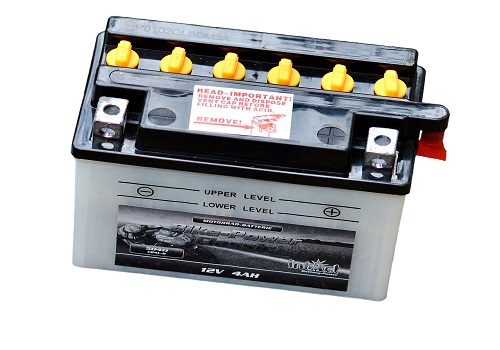CoCo bonds fall sharply over Credit Suisse deal

Derivatives that track the value of riskier bank debt the sort that is being wiped out in the Credit Suisse takeover are falling sharply now, according to a media report.
Invesco's AT1 Capital Bond exchange-traded fund, which tracks the value of AT1 debt issued by banks, is down 15 per cent, The Guardian reported.
These AT1 bonds, known as "contingent convertible" debt or CoCos, are designed to be triggered at times of market turbulence. They are basically shock absorbers to activate in a crisis if a bank's capital levels fall below a certain point in a crisis, AT1s are converted into equity, or written off.
Investors are startled that Credit Suisse's AT1 bonds are being written off, even though the bank's equity is not totally destroyed (shareholders are taking a 60 per cent haircut). Typically, AT1 bonds is meant to be above equity in the debt heirachy, The Guardian reported.
Neil Wilson, chief markets analyst at Markets.com, said this blatant' upending of the debt heirachy will have ramifications, The Guardian reported.
"These are contingent convertible' bonds that are riskier than other debt instruments and designed to get wiped out in a crisis or converted to equity.
"However, shareholders in CS are getting something, even if it's not much. Blatantly upending the hierarchy of debt will have ramifications and I think this is why we are seeing such a negative reaction in bank shares this morning," Wilson said.
Charles-Henry Monchau, chief investment officer at Syz Bank, fears there will be spillover' damage to global credit markets, The Guardian reported.
Monchau said, "According to the Swiss bail-in regime, AT1 debt is above equity in the loss absorption waterfall. This is an arresting development, given that even unsecured bondholders usually rank above equity holders in the capital structure. So for equity holders to get 'something' and CoCo bond holders to get 'nothing' raises serious questions about the real value of CoCo bonds."



















